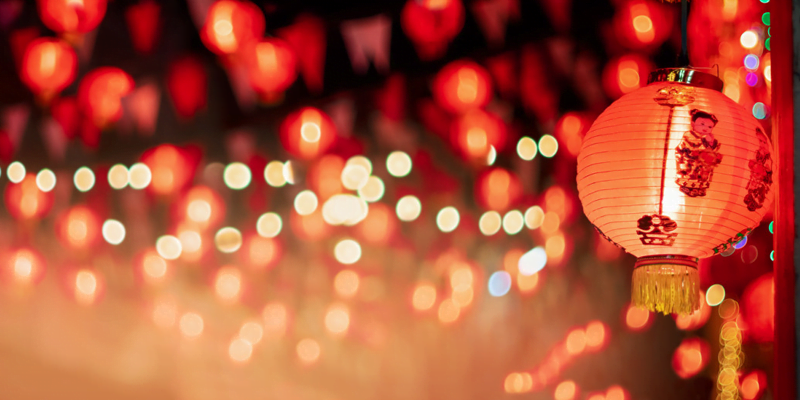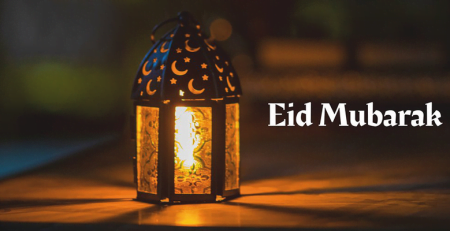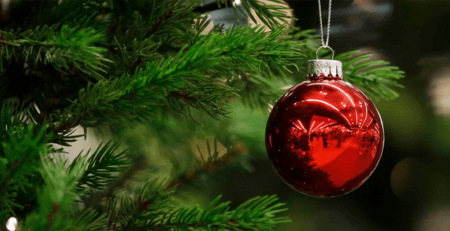Celebrating the Chinese New Year: Traditions, Symbolism and the Year of the Dragon
Understanding the Significance of Chinese New Year in the UK
Chinese New Year, also known as the Spring Festival or Lunar New Year, is a significant event celebrated by millions of people worldwide. In the UK, it holds a special place in the hearts of the Chinese community and those who appreciate the rich tapestry of multiculturalism. The Chinese population in the UK is estimated to be over 433,000, making it one of the largest ethnic minority groups in the country. The Chinese New Year is not just a celebration of the new lunar year, but also a time to honour family, ancestors, and traditional Chinese values. It is a time of renewal, where homes are cleaned to sweep away bad fortune and make way for incoming good luck.
Traditional Celebrations of Chinese New Year in the UK
The Chinese New Year celebrations in the UK are a vibrant blend of traditional customs and modern festivities. The celebrations usually kick off with the Little Year, a week before the Lunar New Year, where families clean their homes and prepare traditional foods. The main event is marked by colourful parades, dragon and lion dances, fireworks, and family gatherings. London’s Chinatown, Manchester, and Liverpool host some of the largest celebrations outside Asia, attracting thousands of visitors each year. The festivities culminate with the Lantern Festival, where beautifully crafted lanterns are displayed, symbolising the letting go of the past and welcoming the future.
The Symbolism Behind the Chinese New Year Celebrations
The Chinese New Year is steeped in symbolism, with each element carrying a specific meaning. The colour red, for instance, is prominent during the celebrations as it symbolises good fortune and joy. Fireworks are set off to drive away evil spirits, while lion and dragon dances are performed to bring prosperity and good luck. Traditional foods also hold symbolic meanings; dumplings represent wealth due to their shape resembling ancient Chinese gold ingots, and fish is a symbol of surplus and prosperity. The giving of red envelopes, or ‘hongbao’, containing money is a key tradition, symbolising the transfer of fortune from the elders to the children.
Embracing the Year of the Dragon: What it Means for the UK
In the Chinese zodiac, the Dragon is a symbol of power, strength, and good luck. The Year of the Dragon, which comes every 12 years, is considered particularly auspicious. For the UK, the Year of the Dragon can be a time of increased interest in Chinese culture and traditions. It can also be a time of economic prosperity, as the dragon is associated with wealth and power. In 2012, the last Year of the Dragon, the UK saw a significant increase in Chinese tourists, with VisitBritain reporting a 24% increase in visits from China. This not only boosts the tourism industry but also fosters cultural exchange and mutual understanding between the UK and China.
In conclusion, the Chinese New Year is a vibrant and meaningful celebration that enriches the multicultural fabric of the UK. It is a time of renewal, family, and honouring traditions, with each element carrying deep symbolism. The Year of the Dragon, in particular, brings with it a sense of power, prosperity, and good luck, offering opportunities for cultural exchange and economic growth. As the Chinese proverb goes, “With the new day comes new strength and new thoughts.” The Chinese New Year is indeed a celebration of new beginnings and the promise of good things to come.











